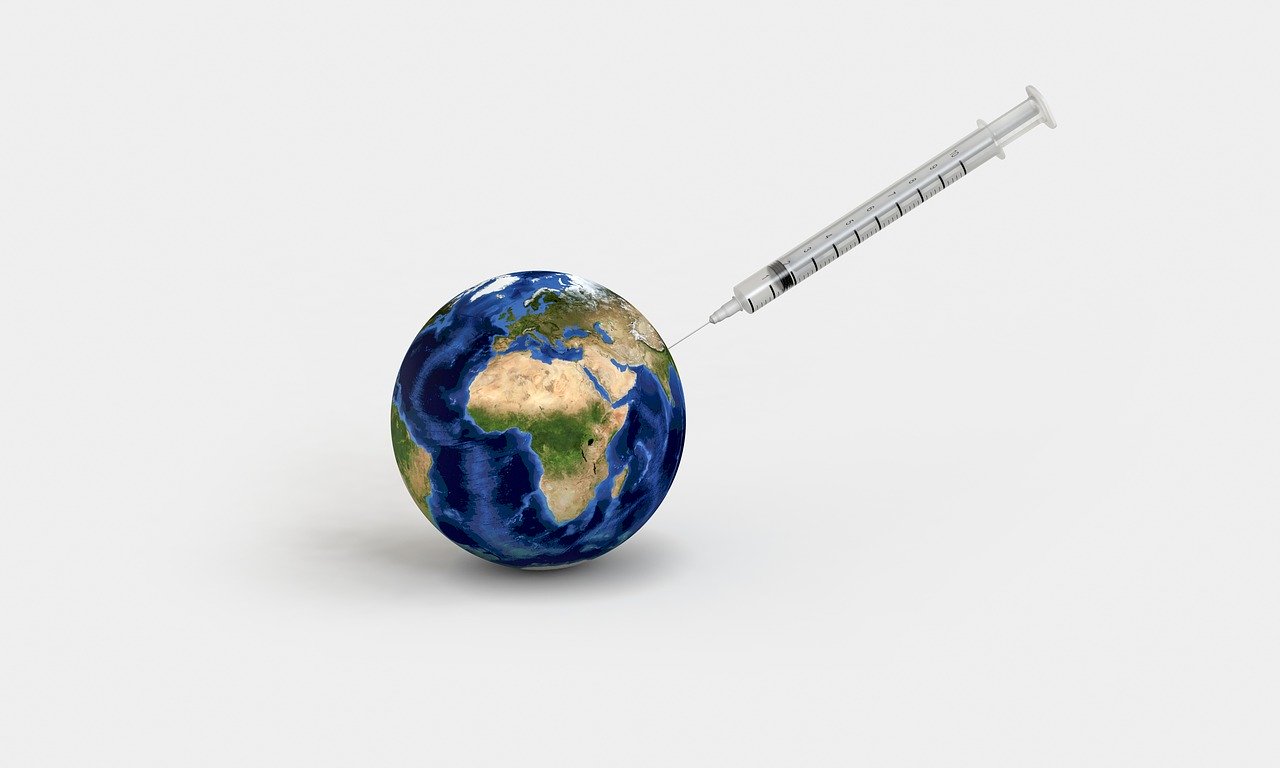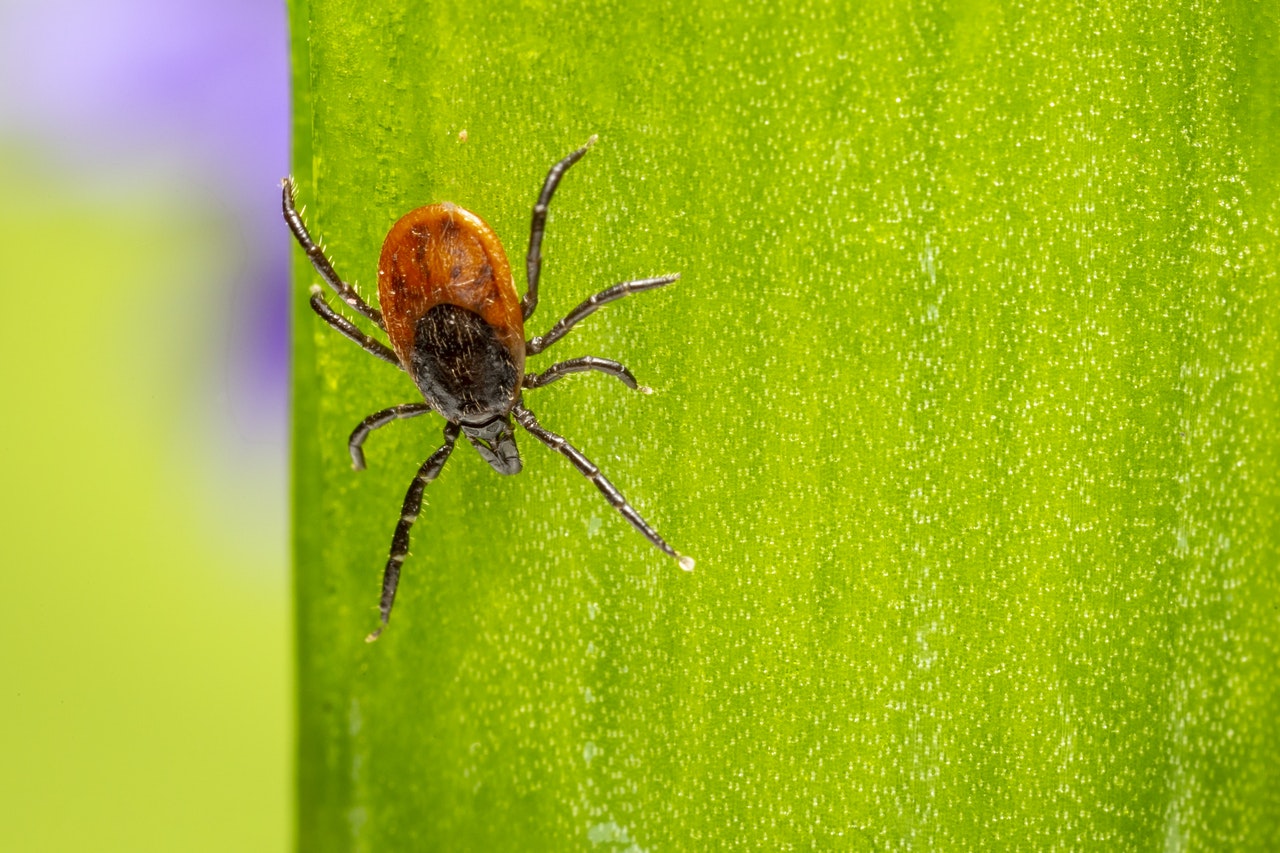Half a year has almost gone by since the global fight against coronavirus began. Now as new promising vaccines come to light, countries are anxious to see if they will work. Therefore the UK government has made the big move to sign deals for 90 million doses of coronavirus vaccine to ensure the country’s wellbeing.
The vaccines in question are being researched and developed by two pharmaceutical companies working together: BioNtech and Pfizer alongside a firm Valneva.
Besides this new deal, the UK has also secured 100 million doses of a vaccine by Oxford University. AstraZeneca is developing this vaccine for the university and is also expected to hold great promise.
It is important to note however that no vaccine will prove successful for sure. These vaccines are purely experimental and may or may not work.
Amid the current health crisis, a vaccine seems the only solution that could take the world out of the grasp of the lethal coronavirus.
Researchers are racing to work on vaccines. It was only the beginning of this year that we discovered the coronavirus and already 20 coronavirus vaccines have made it to clinical trials.
None of these vaccines have however yet succeeded to protect against the novel coronavirus. Some vaccines can stimulate an immune response but that’s about it.
Therefore to be sure, the UK government has secured deals for every vaccine they think can work. The vaccines they secured access to use 3 different approaches to vaccine development.
- The 100m doses of vaccines they secured from Oxford University, is made from a virus that is genetically engineered by the researchers.
- The 30 million doses from BioNtech and Pfizer vaccine uses part of the genetic code from coronavirus.
- The 60 million doses from Valneva, uses an inactive type of the novel coronavirus.
Taking different types of vaccines for the population maximizes the chances of one of them being successful at treating a patient.
Kate Bingham is the chair of the government’s Vaccine Taskforce. She says that since we already have so many promising vaccines at hand it appears the researchers are moving at a fine pace.
Also Read: 2019’s Flu Vaccines in US were Flawed, Says New Study
She does however insist that people not be too optimistic about that fact and not be complacent.
Bingham reminds us that there is still the possibility that we might never find a vaccine that truly protects people against coronavirus so it would still be a win if we at least get one that can reduce symptoms of the virus.
On the chance occurrence that the researchers do find a successful vaccine then health and social care workers would receive it first. Since they have been risking their lives being at the forefront of this health crisis, it only makes sense that they receive the shot first.
An effective coronavirus vaccine may be found near the end of this year but wide-scale vaccination would be highly unlikely. It would be possible only until next year at the least.
Boris Johnson too commented on the matter saying it would be an overstatement if people expect to get the vaccine this year of the next year. We haven’t developed the current vaccines enough to say that about them.
The announcement also included one other important agreement that the government has made with AstraZeneca. Treatments developed from antibodies that neutralize and can deactivate or disable the coronavirus will be bought under this agreement.
Such treatments are expected to provide for those who cannot be vaccinated since they have immune systems that are too weak for a vaccine or other people who are being treated for cancer.
The government hopes to gather at least half a million people to put their names up to vaccine trials in the UK through the NHS COVID-19 research registry website.


